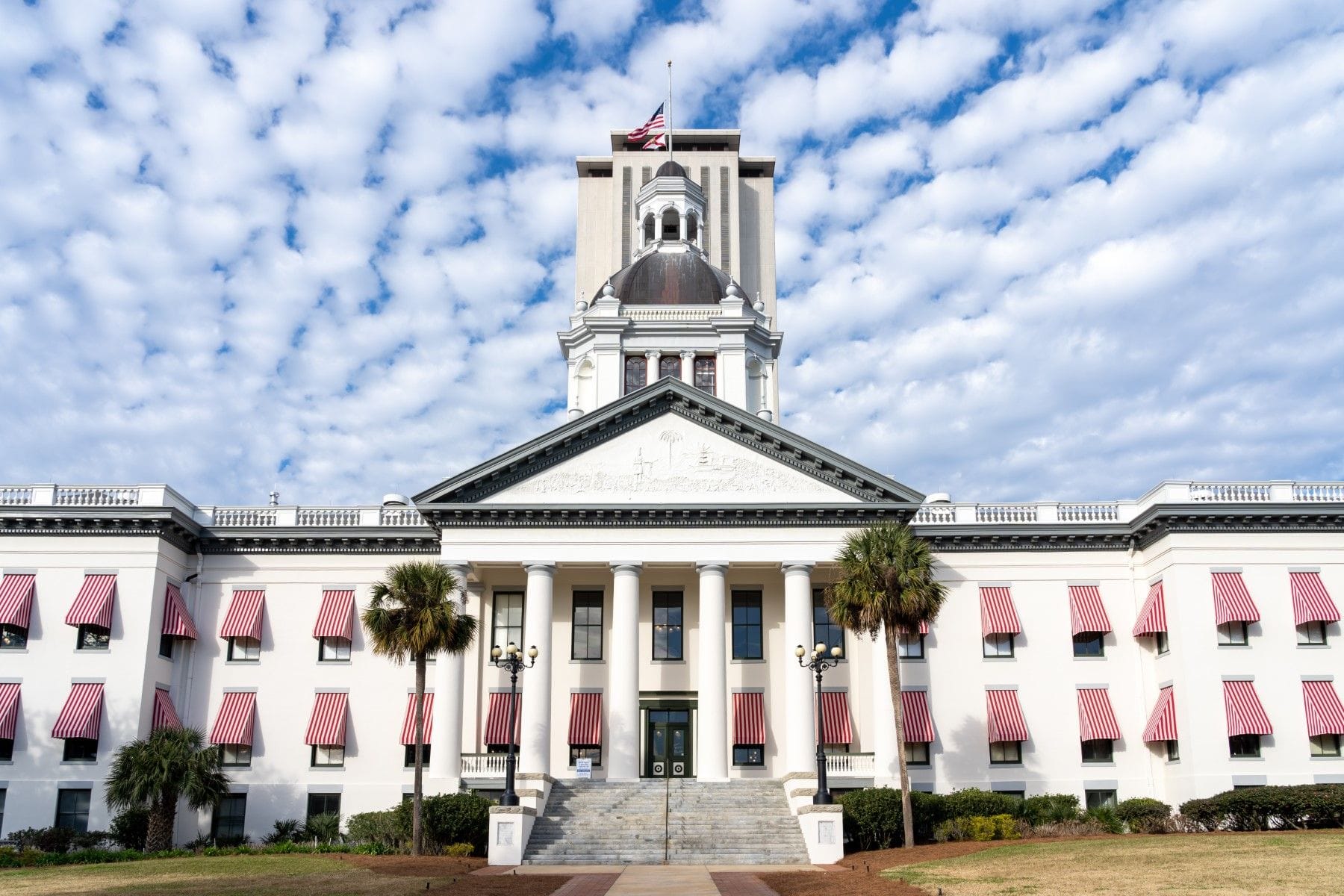Florida Expert Witness Report Rules
Florida's expert witness rules prioritize fair disclosure over formal reports, emphasizing timely identification and the substance of expert testimony.
Updated on
In this article
Are Expert Witness Reports Required in Florida?
In Florida, the requirement for expert witness reports is not as rigid as in some jurisdictions. Under Florida Rules of Civil Procedure, specifically Fla. R. Civ. P. 1.280(b)(5), parties are required to disclose their testifying experts and the substance of their testimony. However, a formal written report from the expert is not always mandated. Instead, a party can, through interrogatories, obtain the names of expert witnesses expected to testify, along with the subject matter of their testimony and the substance of the facts and opinions to which the expert will testify.
- Disclosure Timing: The timing for disclosing expert witnesses is generally governed by court order, often specified in a pre-trial order. This order typically sets a deadline for the plaintiff's expert witness disclosure, which is usually required several months before the trial.
- Consequences of Non-Disclosure: Failure to disclose an expert or their opinions as required can result in the exclusion of the expert’s testimony, as per the procedural rules of Florida.
What is Required in a Florida Expert Witness Report?
While Florida does not always require formal expert reports, if an expert has prepared a report or summary, or has tangible opinions, the party must either produce the report or provide a summary of the expert’s opinions in lieu of a report. This disclosure must include:
- The expert's opinions and the bases for those opinions.
- Data or information considered by the expert in forming their opinions.
- Any exhibits intended to be used to summarize or support the opinions.
- The expert’s qualifications, including publications authored in the last ten years.
- The compensation paid to the expert for their study and testimony.
Florida's approach deviates from the federal standard, focusing more on fair disclosure through interrogatories and depositions rather than formal written reports.
Scope and Authorship of the Report
In Florida, expert witness reports or summaries can be drafted by the expert themselves, but attorneys often assist in ensuring the report meets procedural standards. However, the extent of attorney involvement is limited by the need to maintain the expert's independent opinion.
- Report Authorship: The report should be signed by the expert, affirming its contents as their own.
- Attorney Involvement: Attorneys may guide the structure and compliance aspects of the report but must avoid altering the substance of the expert’s opinions.
The scope of the report may vary depending on the type of expert testimony or case involved, with the complexity of the case often dictating the depth of details required.
Missing, Deficient, and Untimely Reports
Failure to produce an expert report or summary, or providing one that is incomplete or late, can lead to significant consequences under Florida law:
- Exclusion of Testimony: The court may exclude the expert's testimony if the required disclosures are not made in a timely manner.
- Sanctions or Continuances: The court may impose sanctions or grant continuances to address deficiencies or delays in disclosure, as outlined in Rule 1.380.
These outcomes underscore the importance of adhering to court schedules and procedural requirements to avoid jeopardizing the expert's role in the case.
Original, Supplemental, and Rebuttal Reports
In Florida, distinctions between original, supplemental, and rebuttal reports are recognized, with each serving specific purposes:
- Original Reports: These are the initial disclosures required to set forth the expert’s opinions and the basis for those opinions.
- Supplemental Reports: Typically allowed if new information becomes available, requiring an update to the expert’s initial opinions.
- Rebuttal Reports: Used to counteract or address opinions presented by the opposing party’s experts.
The timing and necessity for supplemental or rebuttal reports are generally governed by court orders, with disputes over such filings being resolved on a case-by-case basis.
Relevant State Rules and Legal Requirements
Florida's procedural rules and case law establish the framework for expert witness disclosures:
- Fla. R. Civ. P. 1.280(b)(5): Governs the disclosure of expert witnesses and their testimony.
- Court Interpretation: Florida courts have interpreted these rules to emphasize the importance of timely and complete disclosures, often aligning with the principle of fair trial preparation.
Differences between state and federal practices are notable, with Florida placing a greater emphasis on depositions and interrogatories rather than formal written reports. Understanding these nuances is crucial for legal professionals navigating expert disclosures in Florida.


